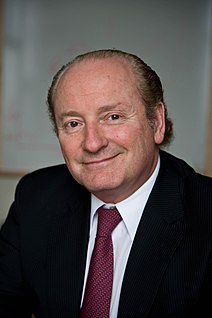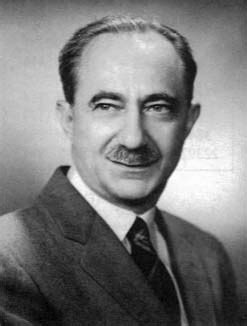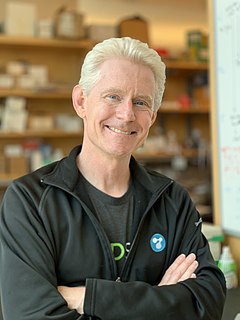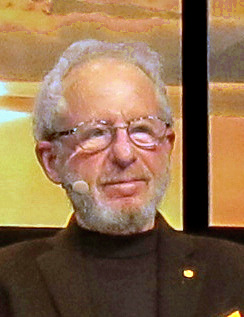A Quote by Lawrence R. Klein
The completion of my undergraduate training at the University of California (Berkeley) provided just the needed touches of rigor at advanced levels in both economics and mathematics.
Related Quotes
My undergraduate years at the University of Nebraska were a special time in my life: the combination of partying and intellectual awakening that is what the undergraduate years are supposed to be. I went to the university with the goal of becoming an engineer; I had no concept that one could pursue science as a career.
It is almost as hard to define mathematics as it is to define economics, and one is tempted to fall back on the famous old definition attributed to Jacob Viner, "Economics is what economists do," and say that mathematics is what mathematicians do. A large part of mathematics deals with the formal relations of quantities or numbers.
I believe that a core problem with undergraduate education, especially at research universities like Harvard, Stanford, NYU, etc, is that most teaching is done by PhDs, who by temperament, training, interests, and rewards are researchers first. So they spend most of their time and energy probing a snip of a field's cutting edge. In my view, the attributes needed to be a transformative undergraduate instructor are pretty orthogonal to that. It would seem that undergraduate education would be superior if there was a separate track for teaching faculty.
I fear - as far as I can tell - that most undergraduate degrees in computer science these days are basically Java vocational training. I've heard complaints from even mighty Stanford University with its illustrious faculty that basically the undergraduate computer science program is little more than Java certification.



































